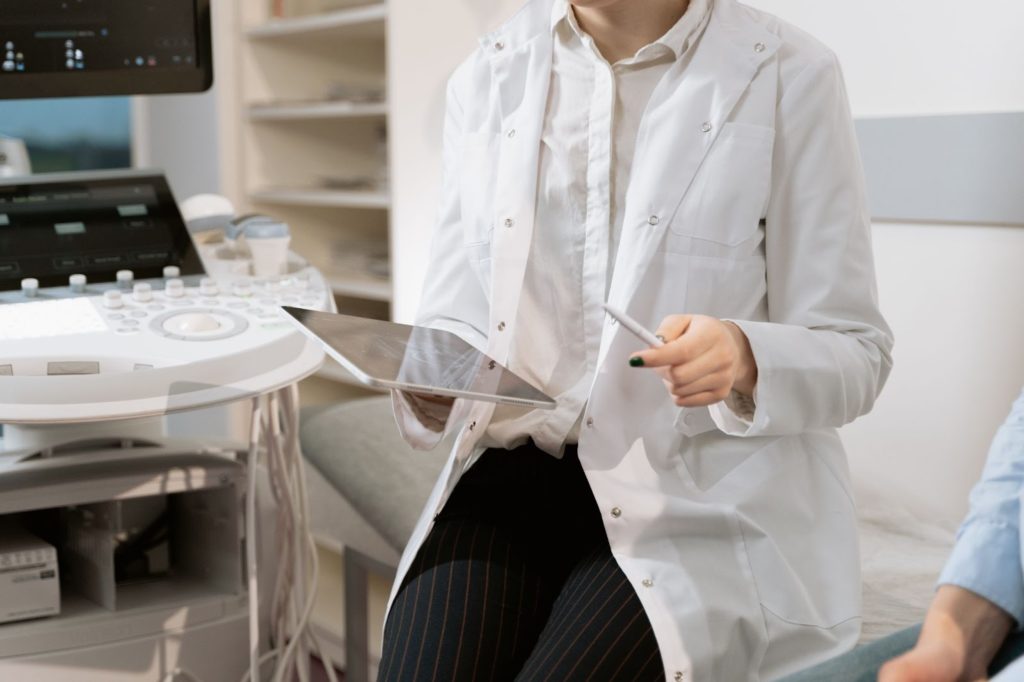When you’re pregnant, it’s more important than ever to attend your health appointments. Whether you’re meeting your obstetrician or your doctor, your health, and your baby’s, will be kept a close eye on. Closely monitoring your health can ensure that your doctor is able to recommend lifestyle changes to protect the life of you and your child.
What Changes About Your Health During Pregnancy?
During pregnancy, there are significant changes to your circulatory and hormone system. This is because your body will need to send food and nutrients to the body through the umbilical cord. There are also certain hormones that increase in amount as your baby grows. As your body shares your nutrients with the baby throughout pregnancy, there are certain areas of your body that might need a bit more attention. Read on to find out which appointments can help you monitor your health during and after pregnancy.
Your Obstetrician
Your obstetrician is a doctor who specializes in childbirth, female reproduction, and pregnancy. They will monitor both you and your baby’s health throughout the pregnancy, and will perform routine tests and ultrasounds. It’s essential that you attend your regular obstetrician appointments. Your obstetrician will ensure that your pregnancy is progressing as expected, and that your baby is growing normally.
Eye Tests
Your vision may naturally change during pregnancy. Hormonal changes have a huge influence on the body, and can lead to blurry or distorted vision. If you do notice any changes to your eyes during pregnancy, it’s essential to talk to an eye doctor. Your vision will likely have changed as a result of your pregnancy, but it’s important to rule out any other contributing factors.
Hearing Tests
Some women experience hearing loss or tinnitus during pregnancy. This is often due to circulatory changes and hormone fluctuations. However, during pregnancy you are more at risk of high blood pressure, migraines, or anemia. These conditions may also lead to conditions like tinnitus. Have a hearing test and visit your doctor if you are concerned about any changes to your hearing during pregnancy.
Your Doctor
As well as your obstetrician, you may be referred to your doctor throughout your pregnancy. There are many routine appointments and tests you will attend when pregnant, like iron deficiency tests, diabetes tests, and blood pressure. Attending these appointments will help monitor any anemia, high blood pressure, or diabetes as soon as they become a risk. This will allow you to make the appropriate lifestyle changes during your pregnancy.
Your Dentist
Your circulatory system, blood pressure, and hormone levels will change over the course of your pregnancy. In fact, as many as 3 out of 4 women have inflamed gums during pregnancy. Regularly visiting your dentist when pregnant can help keep track of inflamed gums and stop them from affecting the health of your teeth after pregnancy. Symptoms of pregnancy-related tooth conditions include red or swollen gums, gum recession, loose teeth, or pain in your facial area.
Your Therapist
Pregnancy is a hormonal roller coaster, and it’s important to continue seeing your therapist if you are worried about your mental health. A qualified mental health professional can talk you through how you are feeling. It’s also natural to be concerned during pregnancy, so having the support of your therapist will help you navigate this journey together.
Postnatal Care
After you’ve had a baby, your doctor will examine both you and your child. This usually happens about six weeks after your pregnancy. This is to ensure that your baby is growing properly, and you are healing as expected after your pregnancy. Your doctor will want to make sure you’re recovering emotionally, physically and mentally.
A Healthy Pregnancy Can Help
Your health is always important, but it’s more essential than ever if you’re pregnant. Taking small steps like eating healthily and staying hydrated can benefit the long term health of you and your baby. Other little changes you can make include:
- Going for regular and safe exercise (like yoga, or walking)
- Making sure you get eight hours sleep
- Avoiding caffeine, alcohol, undercooked fish or meat and soft cheeses
All the health advice you’d usually be given is even more important during pregnancy, for the development of your baby.
Final Thoughts
Your eyes, teeth, hearing and blood pressure can change when pregnant. It’s important to work with your doctor, obstetrician or find a doctor online to keep on top of your health. If you’re seeing a therapist, continuing that relationship during pregnancy can be beneficial to both you and the development of your child. Making minor lifestyle changes can help during your pregnancy, and it’s important to attend postnatal check ups to ensure you and the baby are doing well after the birth.

